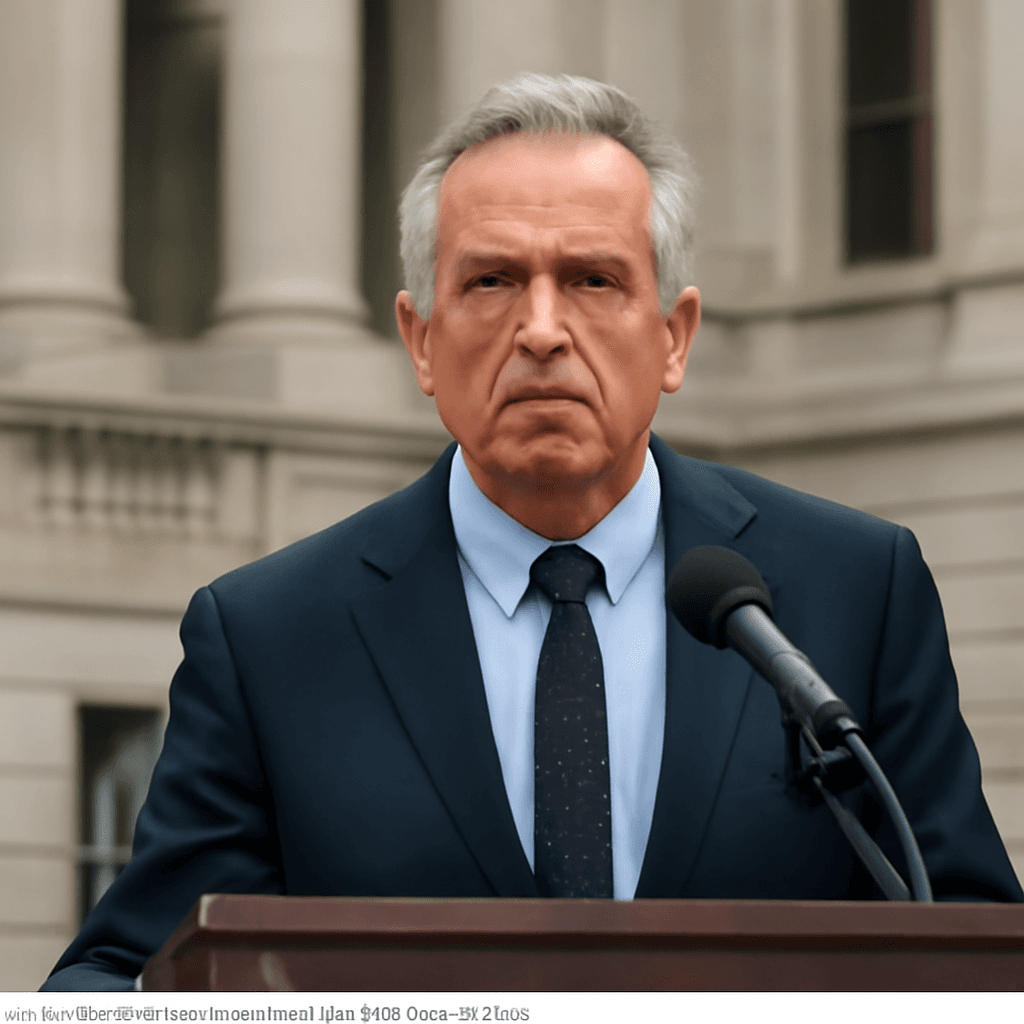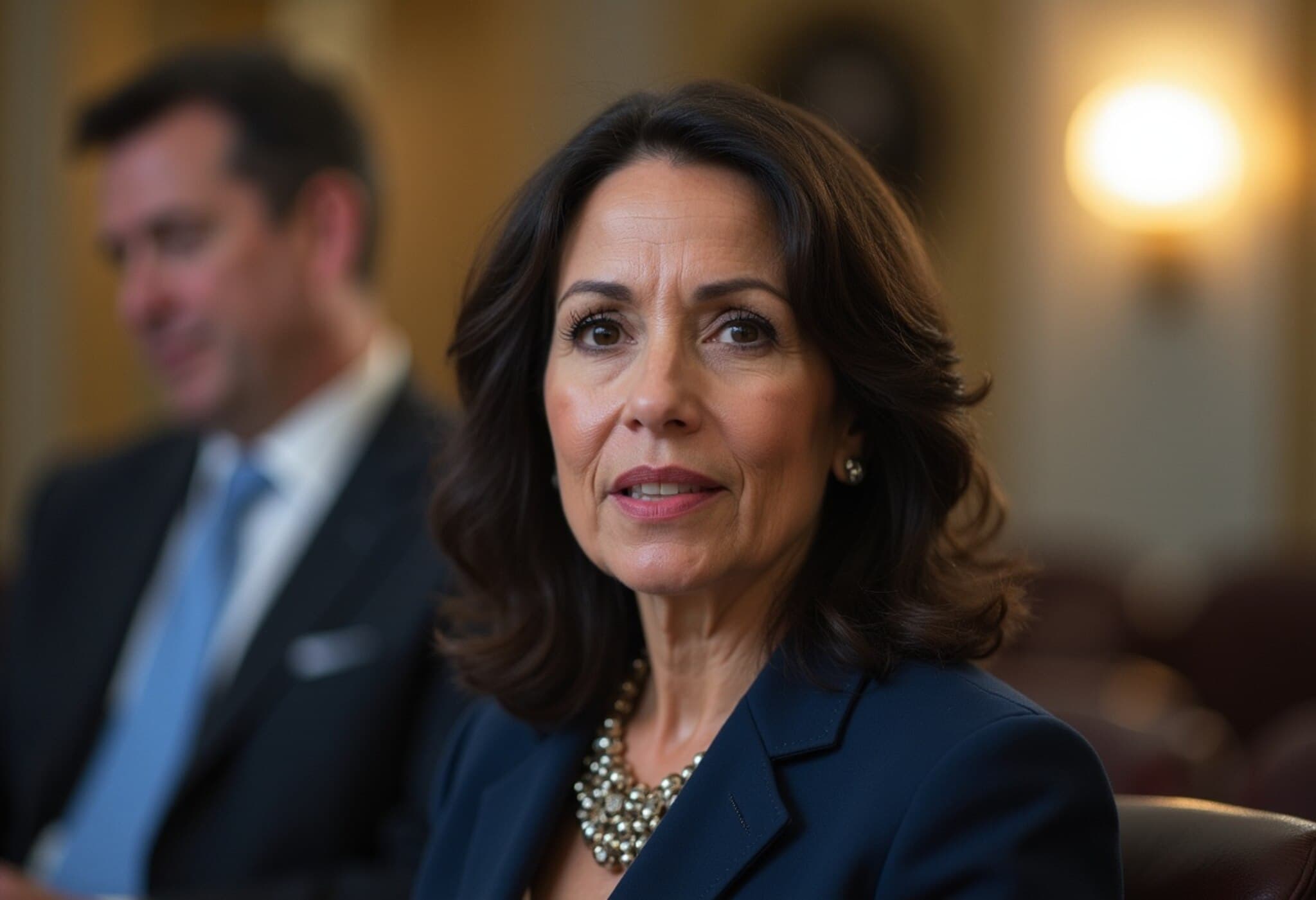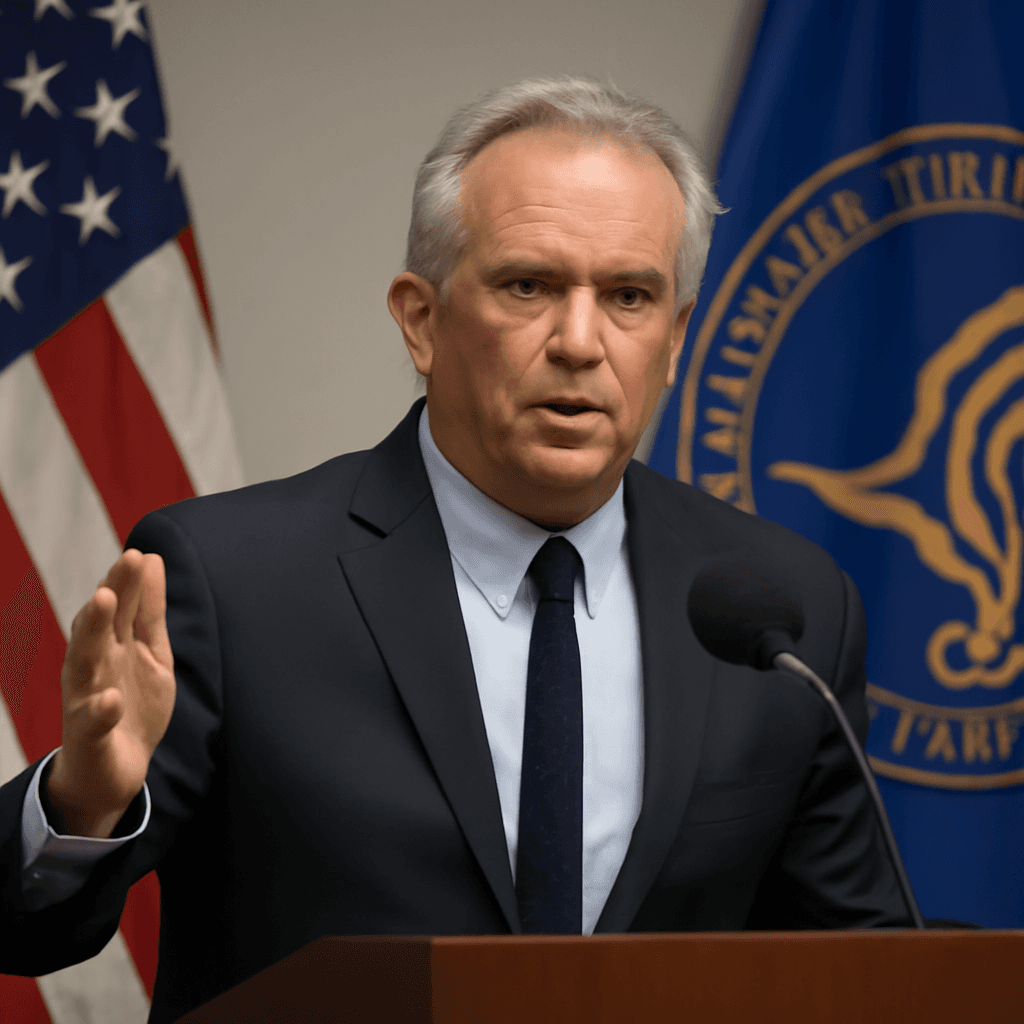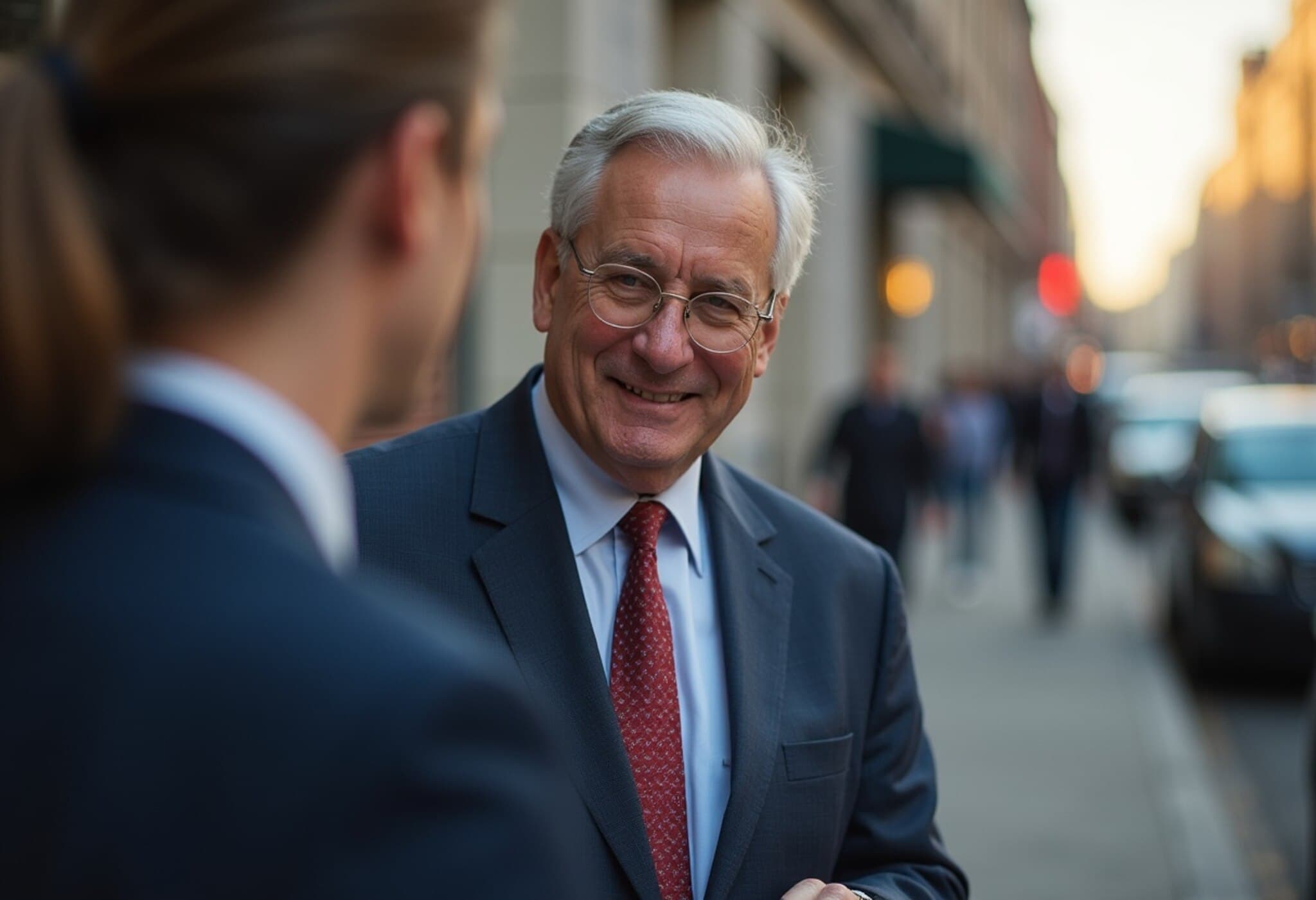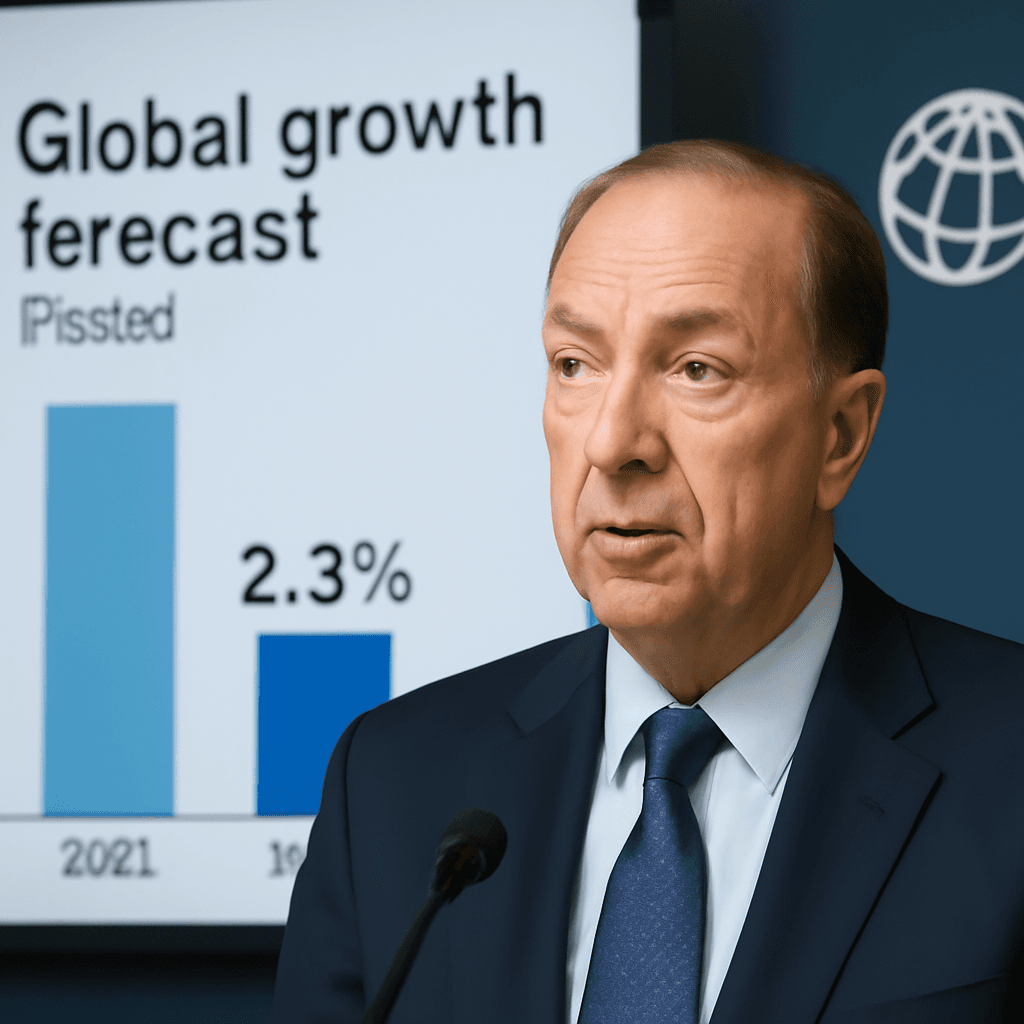Controversy Erupts Over RFK Jr.'s Removal of CDC Vaccine Experts
Health and Human Services Secretary Robert F. Kennedy Jr. has abruptly dismissed all 17 members of the Advisory Committee on Immunization Practices (ACIP), a critical group that advises the Centers for Disease Control and Prevention (CDC) on vaccine recommendations. This unexpected move has triggered alarm among public health specialists, who warn it may undermine scientific integrity and erode public trust in vaccines and federal health agencies.
A Blow to Trusted Vaccine Oversight
ACIP is composed of independent experts who rigorously review vaccine data, shaping guidelines that influence eligibility, insurance coverage, and overall immunization policies. Kennedy claims this overhaul is intended to "re-establish public confidence" in vaccines, but many experts argue it risks the complete opposite.
Professor Lawrence Gostin, an authority on public health law, criticized the decision as politicizing science and vaccine policy, stating, "I don't know how it is possible to trust HHS anymore." Experts highlight that dismantling this panel disrupts a robust, trusted regulatory framework that safeguards public health and supports immunization efforts.
Implications for Public Health and Immunization Rates
Vaccine experts fear the shakeup could have dire consequences, especially as U.S. immunization rates for diseases once considered routine continue to fall. Dr. Neil Maniar from Northeastern University emphasized that the committee's work impacts every American, pointing out that any erosion in vaccine coverage increases vulnerability to outbreaks, particularly amid rising measles cases and increased summertime travel.
Concerns mount that Kennedy might appoint successors who share his well-known vaccine skepticism, potentially leading to guidelines that emphasize vaccine risks or make immunizations largely voluntary. Such a shift could discourage vaccination, jeopardizing herd immunity and complicating responses to both new and existing vaccine-preventable diseases.
Unfounded Accusations and the Future of ACIP
Kennedy alleges that the current ACIP panel was fraught with conflicts of interest, accusing it of rubber-stamping vaccine approvals. However, these claims have been firmly rejected by medical professionals. Tina Tan, president of the Infectious Diseases Society of America, described the panel as a transparent and highly qualified group with strict conflict-of-interest policies.
Lawrence Gostin further explained that all vaccine advisory members disclose potential conflicts and recuse themselves from decisions when appropriate. Experts view Kennedy’s allegations as a guise to dismiss or selectively interpret scientific evidence.
The Department of Health and Human Services has not announced a timeline for appointing new members but confirmed that a meeting scheduled for late June will proceed under a completely refreshed panel.
Calls for Transparency and Diverse Expertise
The American Academy of Physician Associates urged that the committee's reconstruction must be carried out openly and include diverse voices, particularly those of healthcare providers. Meanwhile, Senator Bill Cassidy expressed unease about potentially populating ACIP with individuals lacking vaccine expertise, although he remains committed to dialogue with Kennedy.
Effects on Vaccine Manufacturers and Market Uncertainty
From an industry standpoint, analysts recognize the decision as a source of increased uncertainty. Vaccine makers rely heavily on endorsements from agencies like the CDC and FDA to gain public acceptance and regulatory approval.
Daina Graybosch of Leerink Partners warned that new appointments could disrupt current vaccine recommendations, though the full impact depends on who fills the vacancies. Similarly, BMO Capital Markets analyst Evan Seigerman described the firings as a "negative headwind" for manufacturers, possibly slowing vaccine approvals.
Despite Kennedy's vocal criticism of vaccines, Seigerman noted that other federal appointments have not triggered as much concern, citing the relatively stable leadership at the FDA and its Center for Biologics Evaluation and Research.
Looking Ahead
The sudden removal of trusted vaccine advisors raises questions about the future direction of U.S. immunization policies. As the nation faces ongoing outbreaks and prepares for upcoming flu and school vaccination seasons, the composition and decisions of this advisory panel will play a crucial role in public health outcomes.
Experts across the board caution that politicizing vaccine science could deepen skepticism and jeopardize the health of communities nationwide.

